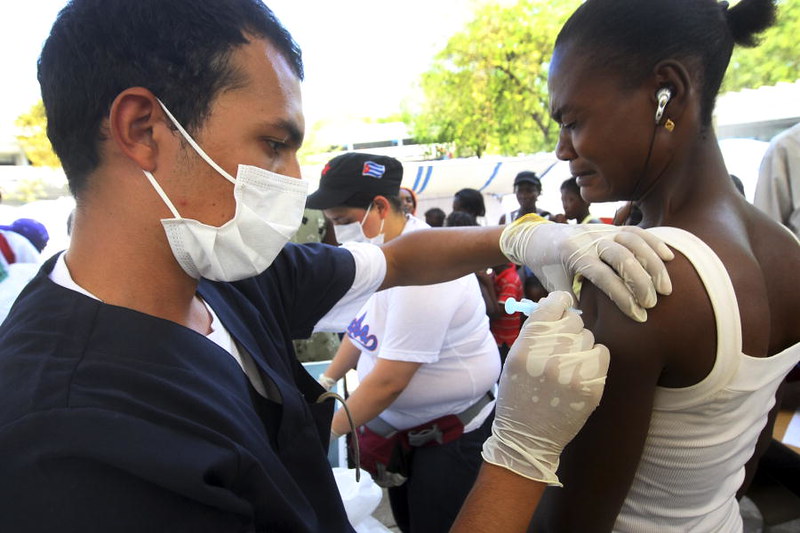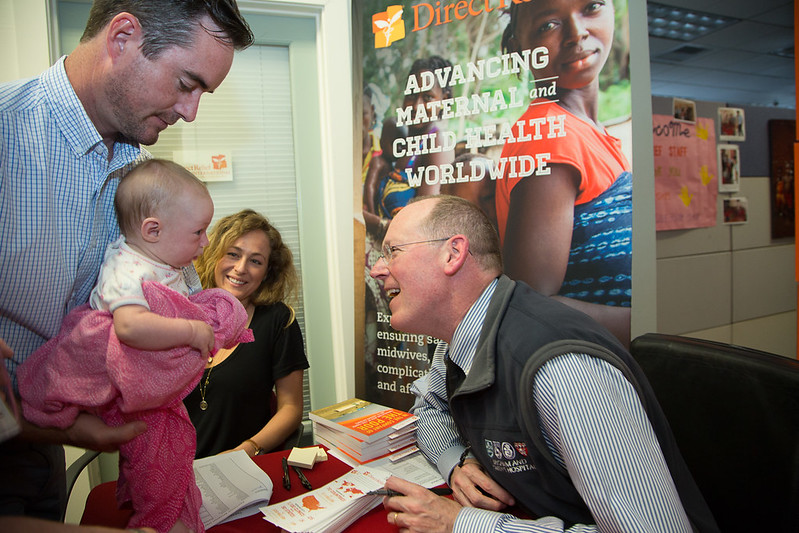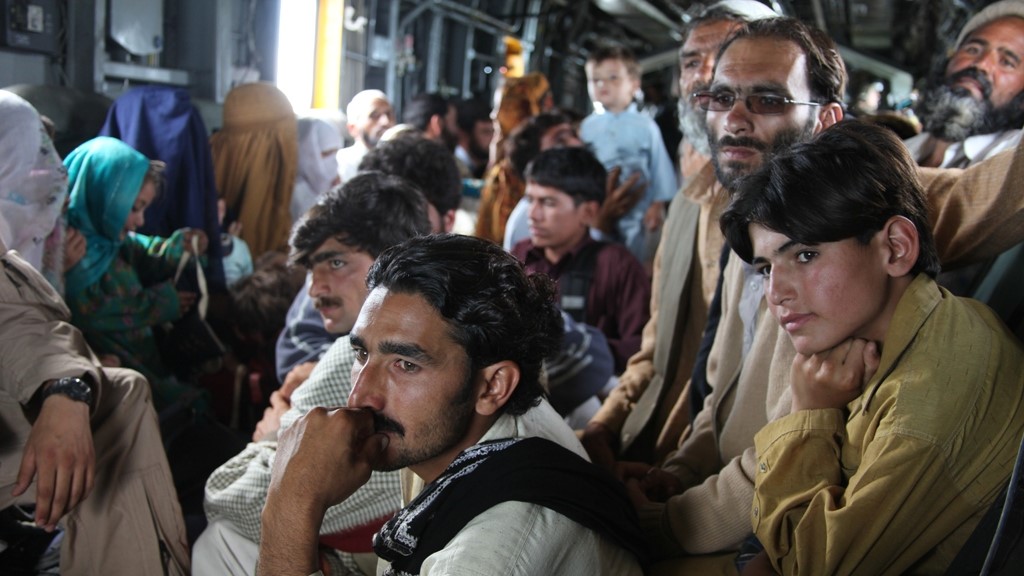MSc Health and International Development student, Meenakshi Ajith writes about her team’s consultancy project experience with United Nations Statistics Department (UNSD). The project aimed to investigate the national experiences in harnessing data, and contributions, by citizens for public policy and Sustainable Development Goals (SDG) monitoring.
From the commencement of our MSc Health and International Development course, our group had expressed a keen interest in the Consultancy Project. In fact, some members of our team mentioned their interest in the project in their personal statements.
Our Team
Our group comprised of five individuals with diverse backgrounds and skill sets: Shuang, a Chinese national with exceptional graphic design and research abilities; William (or Will), a British-Vietnamese national with exemplary skills in economic modeling and data analysis; Guillermo, a Spanish national with a composed and collected demeanor, and a high level of linguistic proficiency in working languages of the United Nations; Elizaveta (or Liza), an American national with a background in government work and exceptional organizational skills; and myself, Meenakshi, an Indian national with a background in behavioral sciences and research. We were fortunate enough to be assigned our first and second choice organizations for the Consultancy Project, namely the United Nations Statistics Department.
The aim of our project was to investigate the national experiences in harnessing data (and contributions) by citizens for public policy and Sustainable Development Goals (SDG) monitoring. The guiding research question was, “How does citizen engagement in data collection enhance the SDGs’ monitoring and evaluation processes?”. Our task was to select a few countries and engage with them in order to gain an understanding of how their major data drivers, namely the national statistics offices and civil society organizations, functioned. We were then required to analyse the current realities of national practices concerning citizen engagement with data, and to address the challenges associated with collecting, analysing, and disseminating citizen-generated data (CGD) with a specific emphasis on monitoring and evaluating SDG programs. The purpose of the resulting report was to comprehend the collaborative pathways between National Statistics Offices (NSOs) and Civil Society Organizations (CSOs) regarding engaging citizens in the data value chain, utilizing CGD, and to identify any barriers to cohesive inter-organizational cooperation.
The Project
The concept of CGD even though very common is not widely studied., It took us sometime to wrap our heads around the concept itself and its implications. This took up a few weeks of our Gantt chart just to read about the past literature on the concept. It was interesting how the very same concept changed and had different understanding varying from one country to another. By the time we had done our basic research we were given the countries and the organisations that we would be working with, which included Vietnam, Kenya and Columbia. Three very dynamic countries located in different continents of the world experiencing a lot of socio-political and economic changes.
Our research focus shifted from a generic exploration of the topic to a country-specific examination, which involved conducting interviews with representatives from National Statistics Offices (NSOs) and Civil Society Organizations (CSOs) in those countries. This information was then integrated into a focus group discussion that included both NSOs and CSOs. Our report aims to contribute to the Collaborative on Citizen Data initiative, an international framework that aims to foster collaboration among all relevant stakeholders, harness data by citizens, and share knowledge in addressing key challenges and lessons learned. The report addresses the growing interest in citizen engagement in the data value chain, the importance of cooperation between NSOs and CSOs in filling current data gaps, and the use of CGD in policy recommendations and SDG monitoring and evaluation. Our motivation for producing this report is to facilitate cooperation between NSOs and CSOs and to facilitate the production of higher-quality data that can benefit various societal sections and topics. Therefore, this report had a bigger meaning on an international level and would be considered a vital step towards a bigger change.
The Experience
Although the project was often challenging due to the uniqueness of the topic, and various organizational delays and barriers, our team’s diverse backgrounds allowed us to combine our knowledge and use our creativity to successfully meet the project’s objectives and deadlines. We were also very fortunate to have received extensive guidance from both the client and our LSE coach, Dr Leone, which greatly contributed to our success.
An insight into a country’s national offices and a deeper understanding of how the United Nations organization’s function were a valuable outcome of the project. As individuals we were tested to our full potential and were learning new skills and information at every step of the way. Even though we began our journey as five individual classmates, over the course of the project, we became good friends and confidants, helping and lifting each other at every step of our milestones and achieving them together as a group.
Communication and trust were key to our success because of which we were open to learn and unlearn things from each other. Meeting in person and taking time off of work and spending leisurely time with each other, helped in creating a good balance of work and life. The project proved to be a vital learning opportunity both personally and professionally for myself and my teammates.
Overall, the consultancy project as part of our MSc Health and International Development programme has had a significant impact on our educational experience. Through this project, we were able to establish connections with our peers and acquire the necessary skills to overcome the obstacles of a genuine consultancy project, working alongside an external client. The project has resulted in a wealth of practical experience, providing us with a valuable skill set that we can apply to our future professional endeavors.
The views expressed in this post are those of the author and do not reflect those of the International Development LSE blog or the London School of Economics and Political Science.
Image credit: freedomfund.org.





